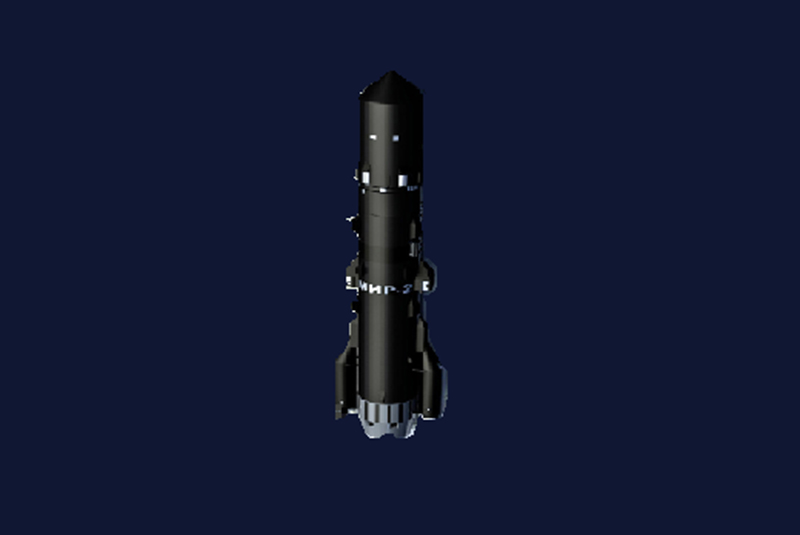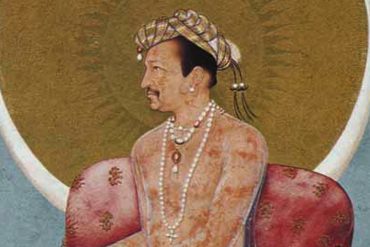In 1959, the United Nations General Assembly, through Resolution 1472 (XIV), established the Committee on the Peaceful Uses of Outer Space (COPUOS). It aimed to study possible means for the peaceful uses of outer space, identify areas of international cooperation, and study the nature of legal problems that could arise from the exploration of outer space. India was one of the members of this committee.
Since the 1960s, India’s space programme has burgeoned, primarily focused on peaceful uses. India has launched satellites to be used for agriculture, communications, weather, telemedicine, disaster warning, search and rescue operations – to name a few.
India’s first prime minister, Jawaharlal Nehru – and the father of India’s space program, Vikram Sarabhai – understood the relevance of space research for India’s developmental and security needs. But India, a country with numerous developmental challenges, could not justify budgetary allocations for space missions that did not have a direct bearing on development.
Through the decades, India’s official policy on the militarization of the outer space has mostly remained the same. Indian leaders and officials opposed the militarization of the outer space and pro-actively participated in the negotiation of the Outer Space Treaty at the UN Convention on the Law of the Sea.
Copyright©Madras Courier, All Rights Reserved. You may share using our article tools. Please don't cut articles from madrascourier.com and redistribute by email, post to the web, mobile phone or social media.Please send in your feed back and comments to [email protected]











